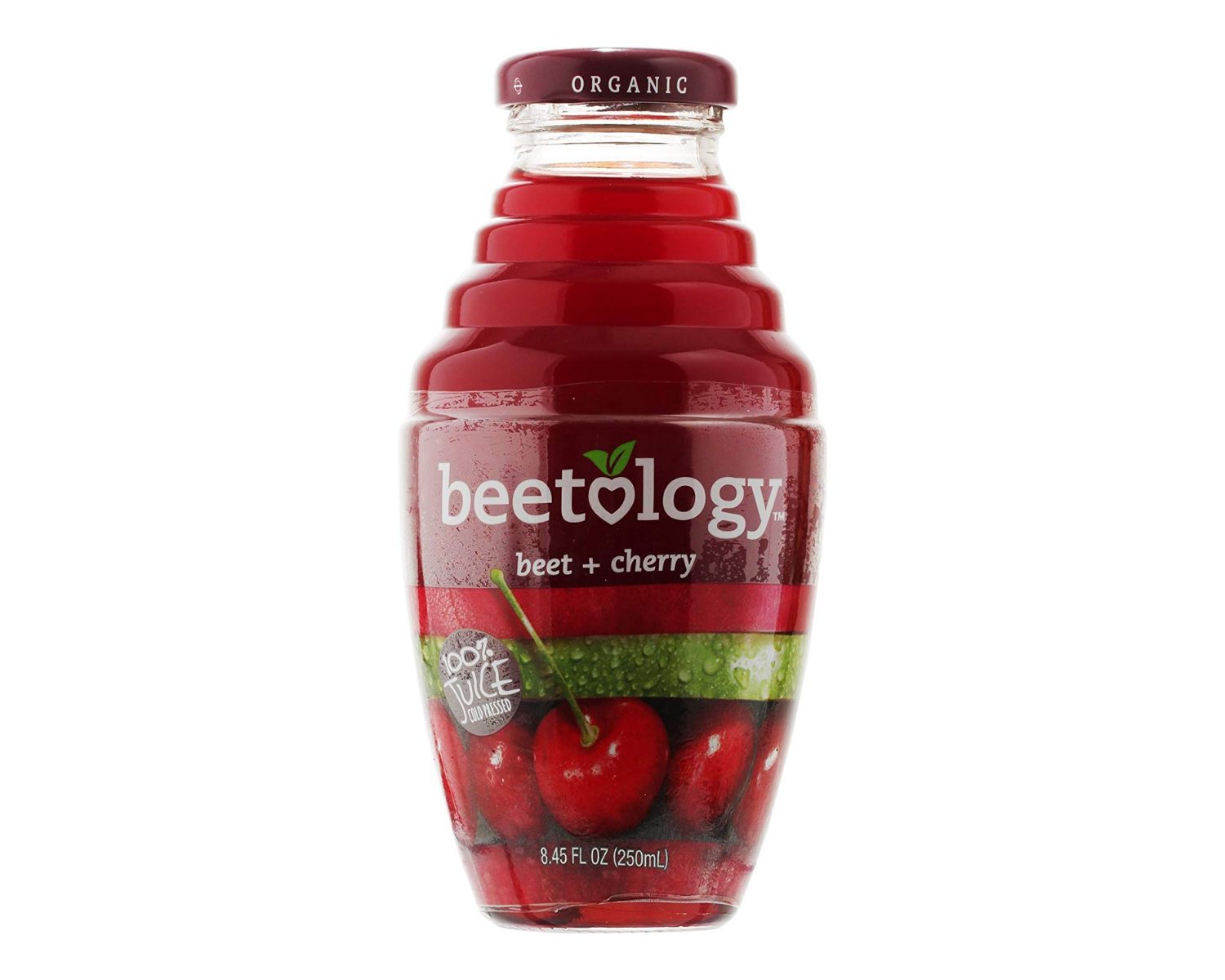
Beetroot, commonly known as beets, is a vibrant and nutritious root vegetable packed with a plethora of health benefits. Whether consumed fresh, cooked, or in juice form, beets are a versatile and delicious addition to any meal. Not only are they low in calories and high in fiber, but they also contain essential vitamins, minerals, and powerful antioxidants.
In this article, we will delve into 19 fascinating beetology nutrition facts that will not only inspire you to include beets in your diet but also help you understand their incredible health benefits. From boosting cardiovascular health to supporting liver function, beets have earned their reputation as a superfood. So, let’s explore the many awe-inspiring properties of this humble root vegetable and discover what makes it a nutritional powerhouse.
Key Takeaways:
- Beets are a powerhouse of nutrients, supporting heart health, digestion, and exercise performance. Whether roasted, juiced, or pickled, they’re a versatile and tasty addition to any diet.
- With their low calories and high fiber, beets can help you feel full and satisfied, aiding in weight management. Plus, they offer a wide range of health benefits, from supporting brain health to promoting detoxification.
Beets are a great source of essential vitamins and minerals.
Beets are packed with vitamins and minerals like vitamin C, folate, potassium, and manganese, which are essential for the proper functioning of the body.
They are low in calories but high in fiber.
Beets are a great addition to a healthy diet as they provide a good amount of fiber while being low in calories, making them a satisfying and nutritious choice.
Beets contain natural nitrates.
Natural nitrates found in beets can help improve blood flow and lower blood pressure, which is beneficial for heart health.
Beets are rich in antioxidants.
The antioxidants present in beets, such as betalains, help protect cells from damage caused by harmful free radicals, which may reduce the risk of chronic diseases.
They have anti-inflammatory properties.
The anti-inflammatory properties of beets can help reduce inflammation in the body, potentially lowering the risk of chronic conditions like heart disease and arthritis.
Beets may enhance exercise performance.
Studies have shown that the naturally occurring nitrates in beets can improve exercise performance by increasing oxygen flow to the muscles and reducing fatigue.
They support a healthy digestive system.
The fiber content in beets aids in maintaining a healthy digestive system by promoting regular bowel movements and preventing constipation.
Beets may help support brain health.
The nitrates in beets improve blood flow to the brain, which may help enhance cognitive function and prevent age-related mental decline.
They promote detoxification.
Beets contain compounds that support the liver’s natural detoxification process, helping to remove toxins from the body and support overall health.
Beets can enhance skin health.
The antioxidants in beets help protect the skin from damage caused by free radicals, promoting a healthy and youthful complexion.
They may contribute to weight management.
With their low calorie and high fiber content, beets can help you feel full and satisfied, which may aid in weight management.
Beets may improve sexual health.
The naturally occurring nitrates in beets can enhance blood flow, which may improve sexual performance and libido.
They have anti-cancer properties.
Studies have shown that some compounds in beets, such as betanin, may have anti-cancer properties and inhibit the growth of cancer cells.
Beets can help regulate blood sugar levels.
The fiber content in beets slows down the digestion and absorption of carbohydrates, which helps regulate blood sugar levels and prevent spikes.
They support a healthy immune system.
Beets are rich in vitamin C and other antioxidants that can boost the immune system and help fight off infections and diseases.
Beets may improve eye health.
The high levels of vitamin A and other antioxidants in beets contribute to maintaining good eye health and preventing age-related macular degeneration.
They can help reduce the risk of birth defects.
Beets are a good source of folate, a vital nutrient for pregnant women that can help prevent birth defects in the developing fetus.
Beets have been used for centuries as a natural remedy.
Beets have a long history of use in traditional medicine for various ailments, thanks to their beneficial compounds and nutritional profile.
They can be enjoyed in a variety of ways.
Beets are versatile and can be enjoyed raw in salads, juiced, roasted, pickled, or added to soups and stews, allowing you to reap their nutritional benefits in different delicious ways.
In conclusion, the 19 Beetology Nutrition Facts highlight the numerous health benefits that beets offer. Incorporating beets into your diet can provide essential nutrients, improve heart health, support digestion, boost exercise performance, and promote overall well-being. Whether you love them roasted, juiced, or pickled, beets are a versatile and nutritious addition to any diet.
Conclusion
In summary, beetology offers a wealth of nutritional benefits that make it a great addition to your diet. Being low in calories and high in vitamins, minerals, and antioxidants, beets can help support overall health and prevent various diseases. They are also a good source of dietary fiber, which aids in digestion and promotes a healthy gut.Additionally, beetology is known for its potential to enhance athletic performance and improve cardiovascular health. The natural nitrates found in beets can boost stamina, reduce blood pressure, and enhance blood flow to active muscles.Adding beets to your meals can be simple and versatile. You can enjoy them roasted, boiled, or blended into smoothies or juices. So, why not incorporate the vibrant and nutritious beetology into your daily routine and reap the numerous health benefits it has to offer?
FAQs
1. Are beets high in sugar?
While beets do contain natural sugars, they are low on the glycemic index scale. This means they have a minimal impact on blood sugar levels and can be a part of a balanced diet.
2. Can beet juice help with detoxification?
Beet juice is often touted for its detoxifying properties. The antioxidants and phytonutrients in beets can support liver function and aid in the body’s natural detoxification process.
3. Can beets improve athletic performance?
Yes, beets have been shown to enhance athletic performance. The nitrates in beets can boost endurance, improve oxygen utilization, and help delay fatigue during exercise.
4. Are beets helpful for heart health?
Yes, beets are beneficial for heart health. The nitric oxide produced from the nitrates found in beets can help lower blood pressure, improve blood flow, and reduce the risk of heart disease.
5. Can beets help with weight loss?
Beets are low in calories and high in fiber, which can aid in weight loss. The fiber helps you feel fuller for longer, reducing the likelihood of overeating.
6. Are there any side effects of consuming beets?
While beets are generally safe to consume, excessive beet consumption may cause temporary discoloration of urine or stool. It is also advisable to consult with a healthcare professional if you have any underlying health conditions or are taking blood thinners.
Was this page helpful?
Our commitment to delivering trustworthy and engaging content is at the heart of what we do. Each fact on our site is contributed by real users like you, bringing a wealth of diverse insights and information. To ensure the highest standards of accuracy and reliability, our dedicated editors meticulously review each submission. This process guarantees that the facts we share are not only fascinating but also credible. Trust in our commitment to quality and authenticity as you explore and learn with us.


